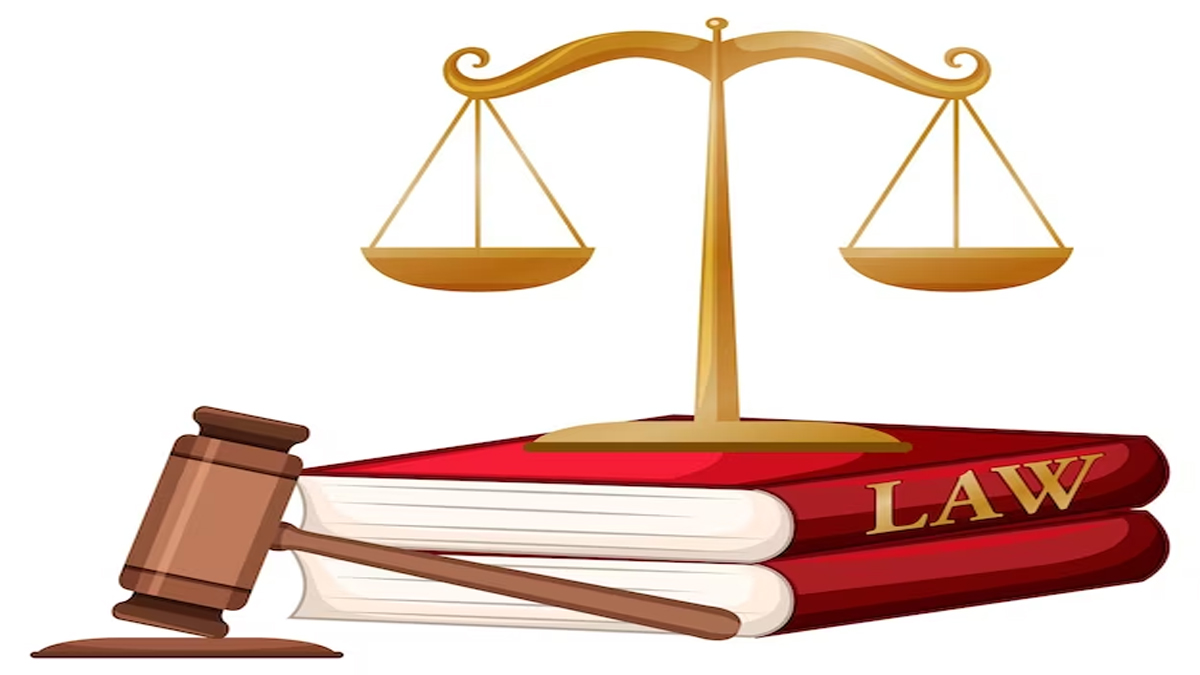Gopalan challenged the constitutionality of his detention under Article 32 of the Indian Constitution, asserting that it violated his fundamental rights.
The key constitutional issue in this case was whether the Preventive Detention Act of 1950, which allowed for the preventive detention of individuals without trial, was in conflict with the fundamental rights guaranteed under Part III of the Indian Constitution. Gopalan argued that the Act violated his rights under Articles 14, 19, and 21 of the Constitution, which deal with equality before the law, freedom of speech and expression, and protection of life and personal liberty, respectively.
The Supreme Court, in a majority decision, held that the Preventive Detention Act did not violate the Constitution. The majority opinion, written by Chief Justice Harilal Jekisundas Kania, adopted a narrow interpretation of the fundamental rights and held that each right under Articles 14, 19, and 21 operated independently. The court ruled that preventive detention was a reasonable restriction on personal liberty and fell within the scope of Article 21.
Justice Patanjali Sastri, in a strong dissenting opinion, argued for a broader interpretation of fundamental rights and contended that there was an interconnection between the rights guaranteed under Articles 14, 19, and 21. He maintained that the Act violated the right to personal liberty and was, therefore, unconstitutional.
While Gopalan’s challenge was not successful, this case played a significant role in shaping subsequent jurisprudence related to preventive detention and fundamental rights in India. The judgment in A.K. Gopalan laid the groundwork for later decisions that took a more expansive view of fundamental rights, particularly in the context of personal liberty.
